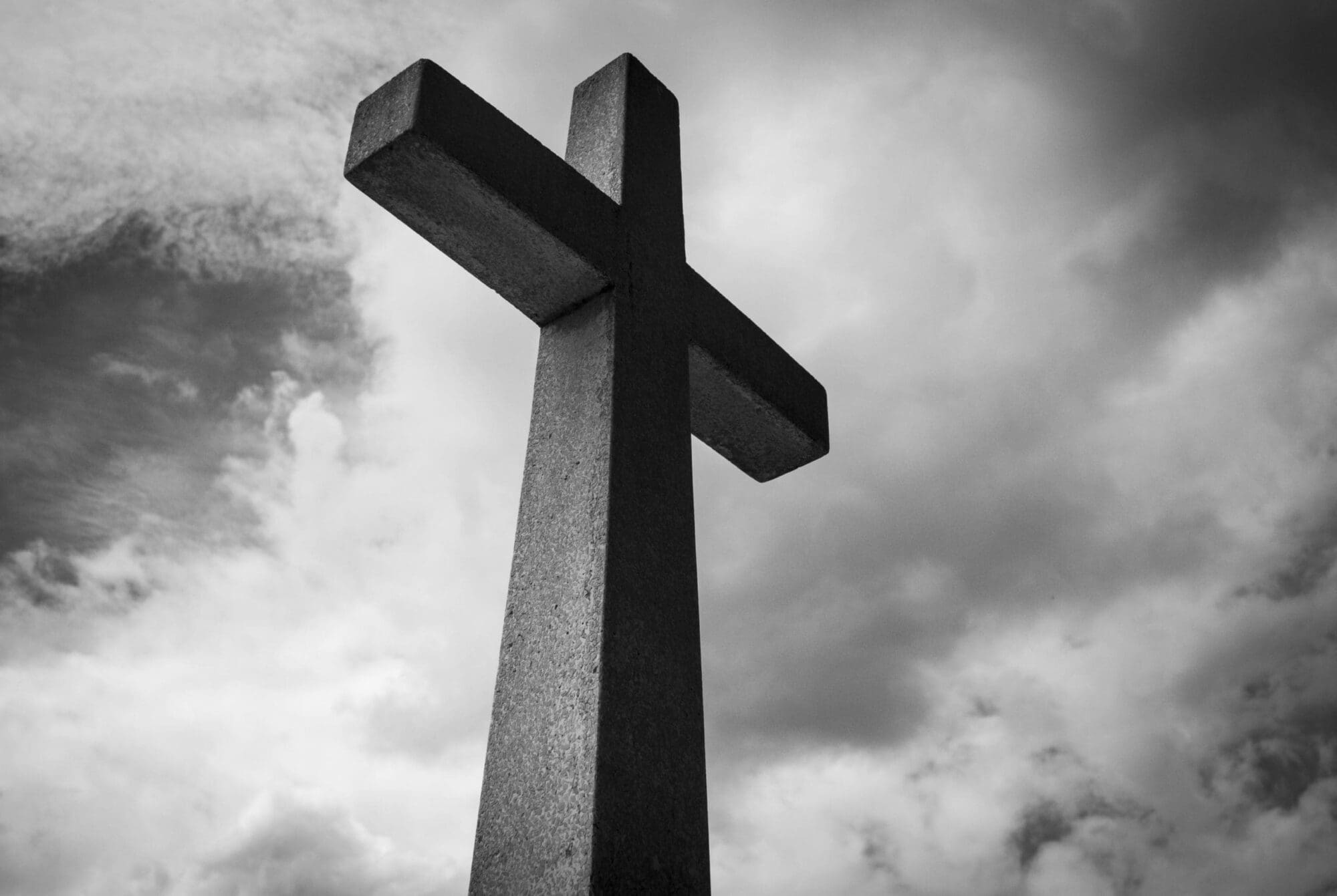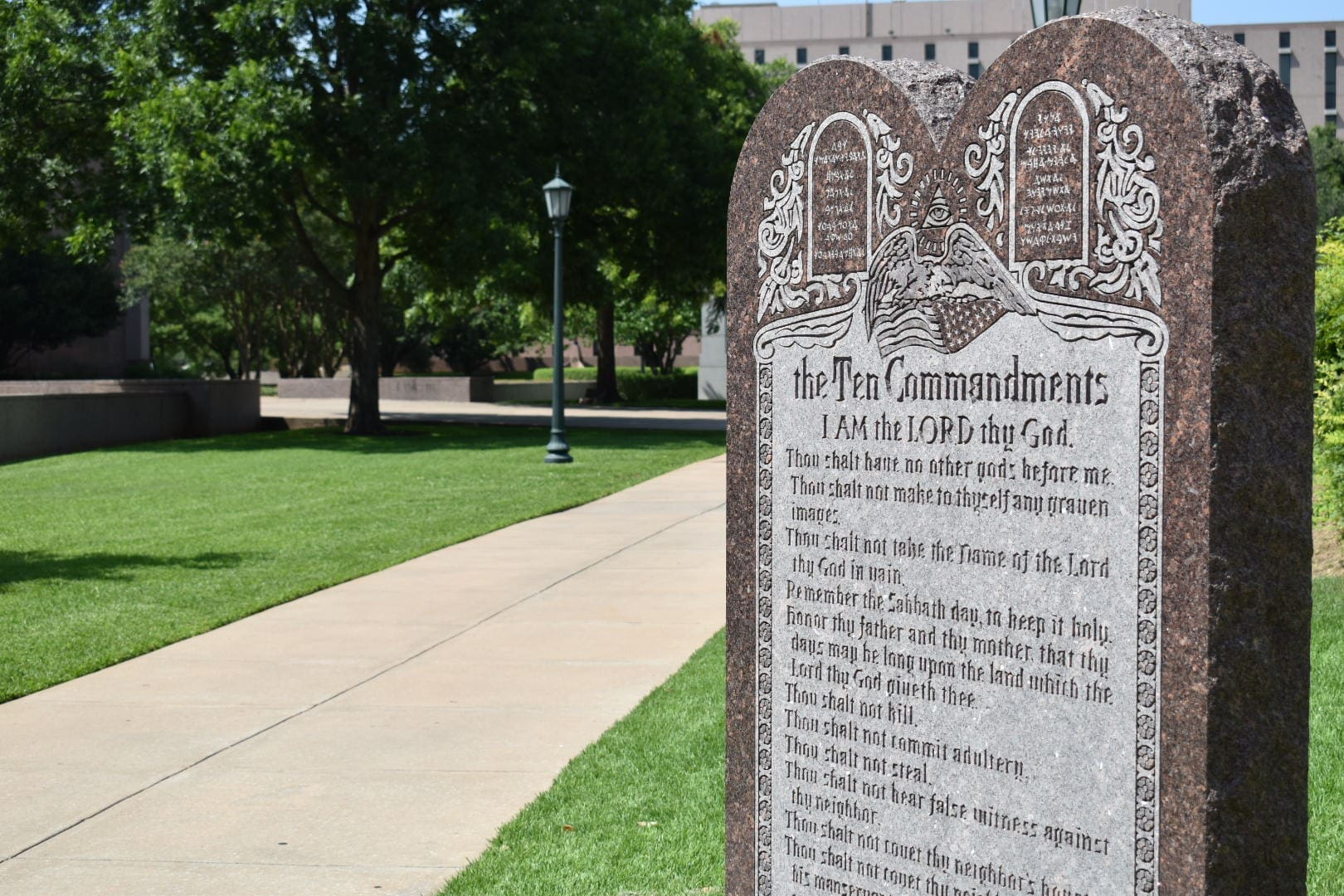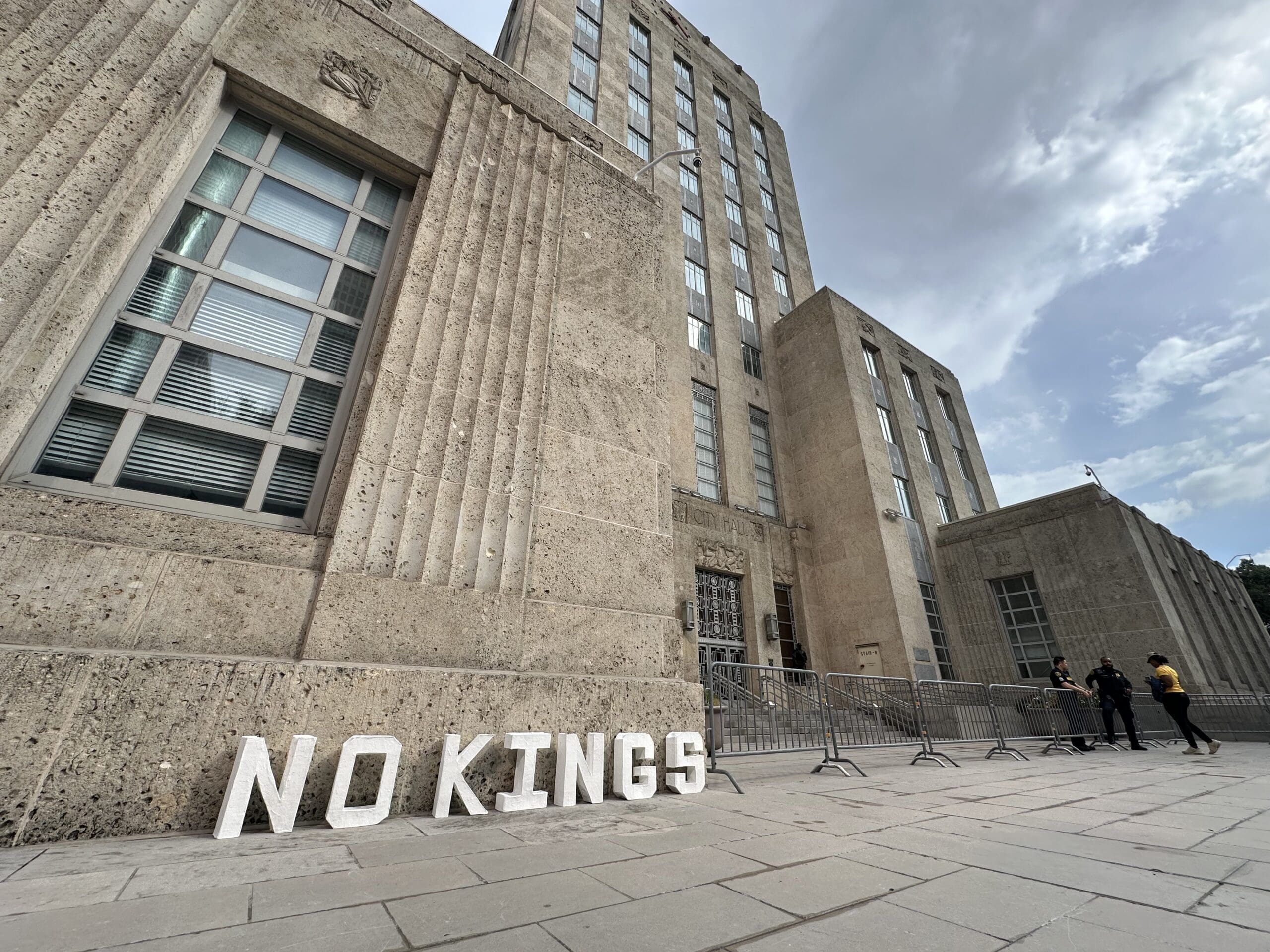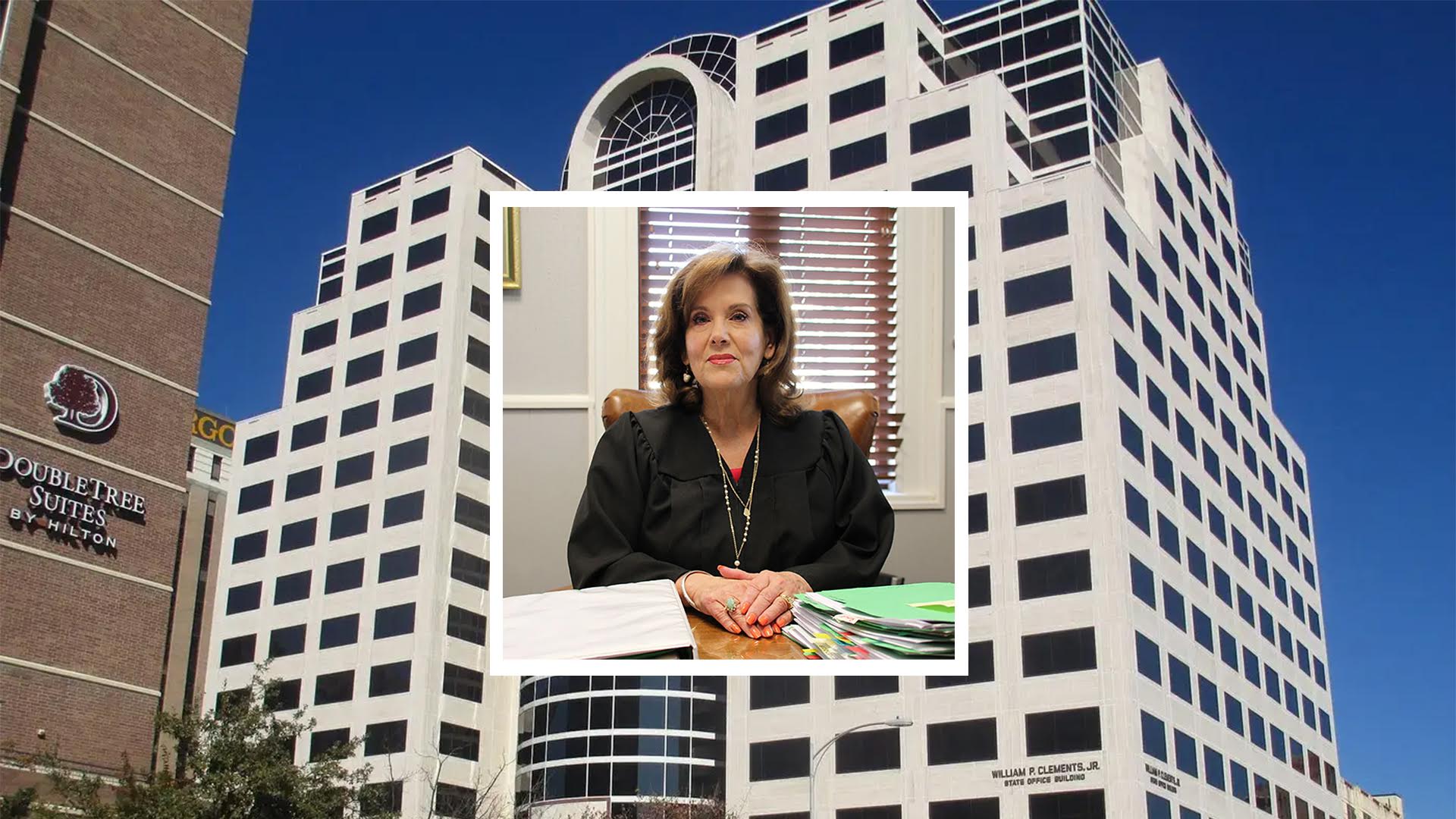A proposed order to a federal court would allow pastors and churches to make political endorsements without risking their tax-exempt status.
This comes after the Internal Revenue Service and its commissioner, Billy Long, worked with the plaintiffs to jointly move the court to enter a consent judgment—a legally binding settlement agreement in a lawsuit.
The Plaintiffs—National Religious Broadcasters and Intercessors for America, Sand Springs Church, and First Baptist Church Waskom—filed a lawsuit against the IRS and then-Commissioner Danny Werfel for violating religious liberties. Long became a party in the case following his appointment in 2025.
The lawsuit against the IRS was filed in August 2024, during the final months of former President Joe Biden’s term. After his November 2024 election, President Donald Trump appointed Long as commissioner in 2025.
The Plaintiffs’ claims challenge the so-called “Johnson Amendment,” which is a portion of 26 U.S.C. § 501(c)(3).
According to the proposed order, this amendment requires certain organizations (including churches) to refrain from “participat[ing] in, or interven[ing] in (including the publishing or distributing of statements), any political campaign on behalf of (or in opposition to) any candidate for public office” as a condition for its non-profit, tax-exempt status.
Plaintiffs claim the IRS’ former interpretation of the Johnson Amendment violated their constitutional rights, specifically, “their First Amendment rights to the freedom of speech and free exercise of religion, [and] their Fifth Amendment rights to due process of law and equal protection under the law.”
They also cited it as violating the federal “Religious Freedom Restoration Act.”
Sand Springs Church and First Baptist Church Waskom argue that “their religious beliefs compel them to take a position on electoral politics, and that the Johnson Amendment imposes an impermissible burden on their ability to do so.”
The parties submitted the proposed agreement in the United States District Court for the Eastern District of Texas. The joint motion, filed by U.S. Attorney Jonathan Blacker, awaits a decision.
The proposed order states that the Johnson Amendment cannot be enforced “based on speech by a house of worship to its congregation in connection with religious services through its customary channels of communication on matters of faith, concerning electoral politics viewed through the lens of religious faith.”
This interpretation of the Johnson Amendment is in line with how the IRS has generally applied the Johnson Amendment in practice, according to the order.
Conservative media may have engaged in public celebrations too early, as Judge J. Campbell Barker, a 2018 Trump appointee, has yet to sign the proposal.
The parties declined to comment until Judge Barker acts on the proposed order.
If you or anyone you know has information regarding actions by judges against religious freedom, please contact our tip line: scorecardtips@protonmail.com.





